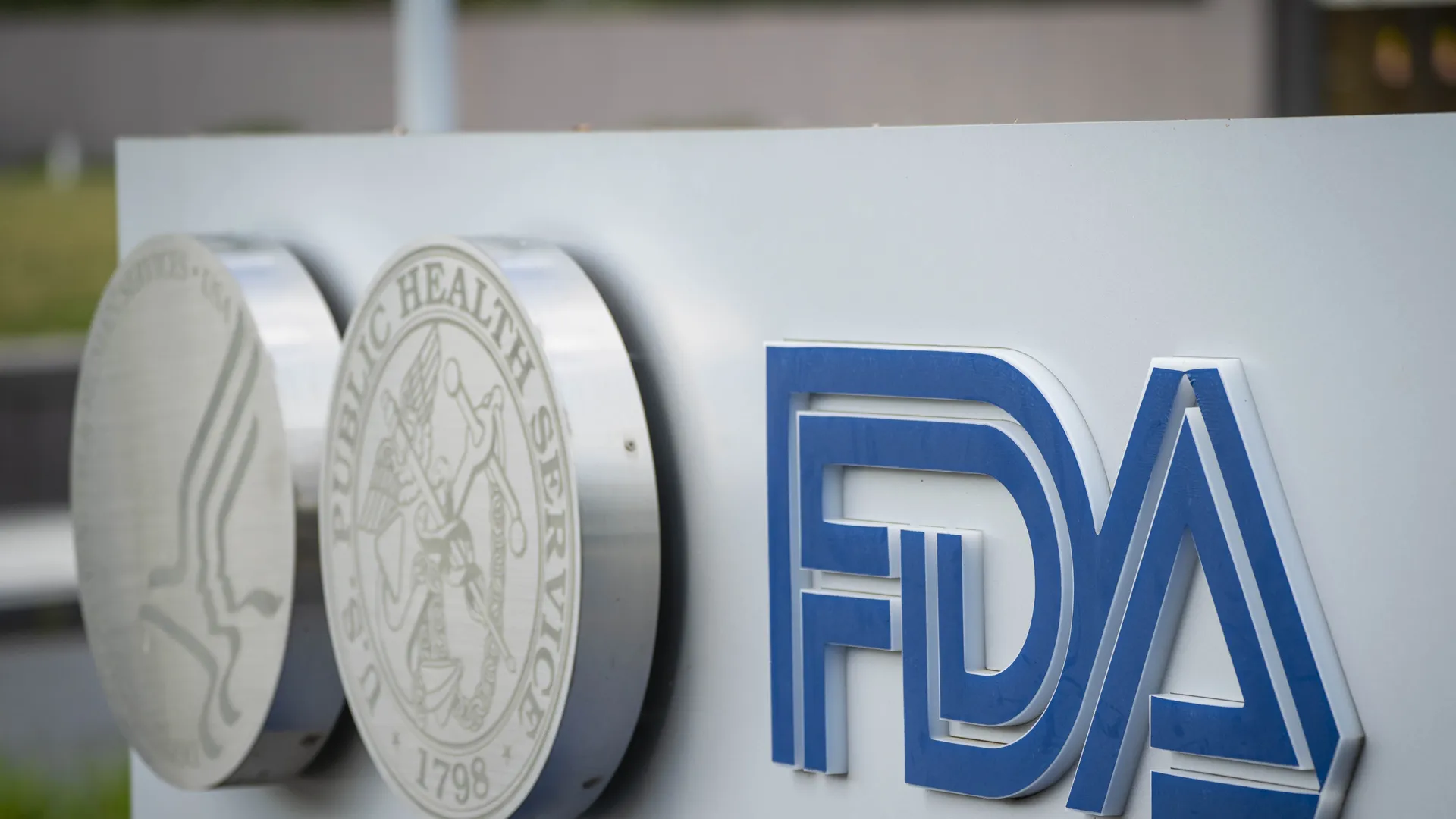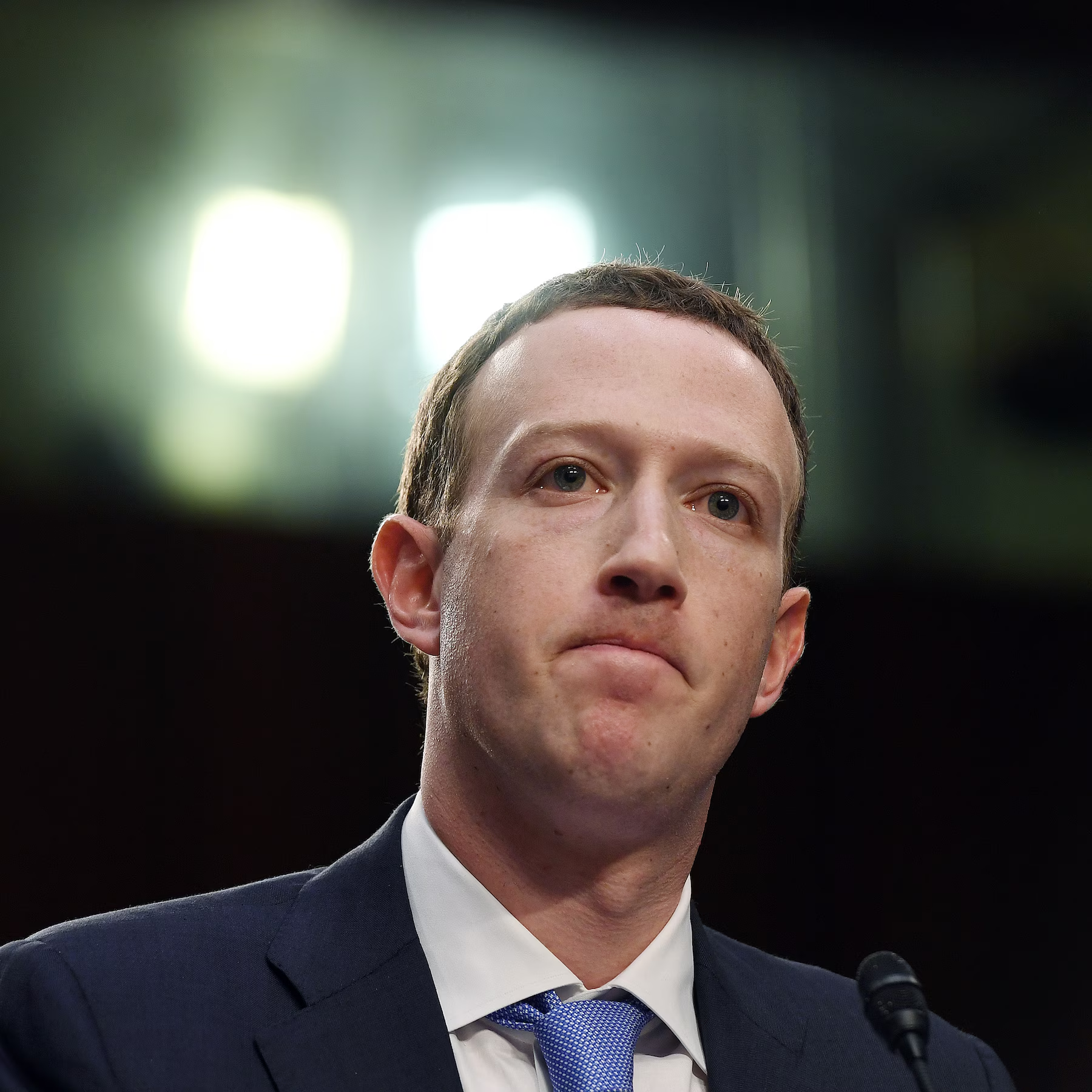Health Misinformation Runs Rampant
In a digital landscape overflowing with information, the alarming reality is that approximately 70% of health-related content shared on social media platforms is unreliable, according to a study published in PMC. This staggering statistic not only endangers individual health choices but also poses a significant public health risk. As social media continues to dominate our information consumption, the urgent need for effective policies to combat misinformation has never been clearer.
Social Media Platforms Must Take Responsibility
Social media companies have a responsibility to monitor and regulate the content shared on their platforms. The power held by these corporations is immense; they shape public discourse, influence health behaviors, and even impact policy decisions. Yet, many platforms are still lacking adequate measures for ensuring the credibility of the health information being disseminated. As reported by Brookings, this neglect not only undermines users" health but also erodes trust in legitimate medical sources.

Rare disease meeting gets pushed off by HHS
Public Demand for Transparency Grows
Public awareness of misinformation is rising, and users are increasingly demanding transparency from these platforms. The Ash Center suggests that tech policy should prioritize the needs of ordinary people, empowering them to make informed choices about their health. Transparency regarding the algorithms that promote certain content is crucial. The public deserves to know how and why specific health information gains prominence on their feeds.
Legislation is Essential for Change
The rise of health misinformation underscores the urgent need for comprehensive legislation that addresses digital rights and privacy. As we reflect on the 2023 US Tech Policy Year in Review, it is evident that legislators must act decisively to hold social media companies accountable. We need robust regulations that require platforms to verify the accuracy of health information and impose penalties for non-compliance. Failure to act risks further endangering public health.

Zuckerberg apologizes to Congress for data scrape — which ...
The Role of Education in Combating Misinformation
Equipping users with the skills to discern credible health information is just as vital as improving platform regulations. Educational initiatives focusing on media literacy should be prioritized in schools and communities. Programs that teach individuals how to critically evaluate sources can empower them to navigate the overwhelming amount of information they encounter online. This approach aligns with the recommendations laid out by health communication research, which emphasizes the importance of informed decision-making.

![[Video] Anti-ICE Protester Pepper Sprayed as CBP Agents Disperse Crowd in Minneapolis](/_next/image?url=%2Fapi%2Fimage%2Fthumbnails%2Fthumbnail-1768260677127-y71sb7-thumbnail.jpg&w=3840&q=75)

![[Video] Several injured as U-Haul truck drives through Iranian protestors in Los Angeles](/_next/image?url=%2Fapi%2Fimage%2Fthumbnails%2Fthumbnail-1768176682028-q95y6j-thumbnail.jpg&w=3840&q=75)
![[Video] Scuffle breaks out between Trump supporters and Anti-ICE protesters in Times Square](/_next/image?url=%2Fapi%2Fimage%2Fthumbnails%2Fthumbnail-1768165958203-hgcgb-thumbnail.jpg&w=3840&q=75)


![[Video] Gunfire between Iraqi security forces and Sadr militias in Baghdad](/_next/image?url=%2Fapi%2Fimage%2Fthumbnails%2Fthumbnail-1768343508874-4redb-thumbnail.jpg&w=3840&q=75)
